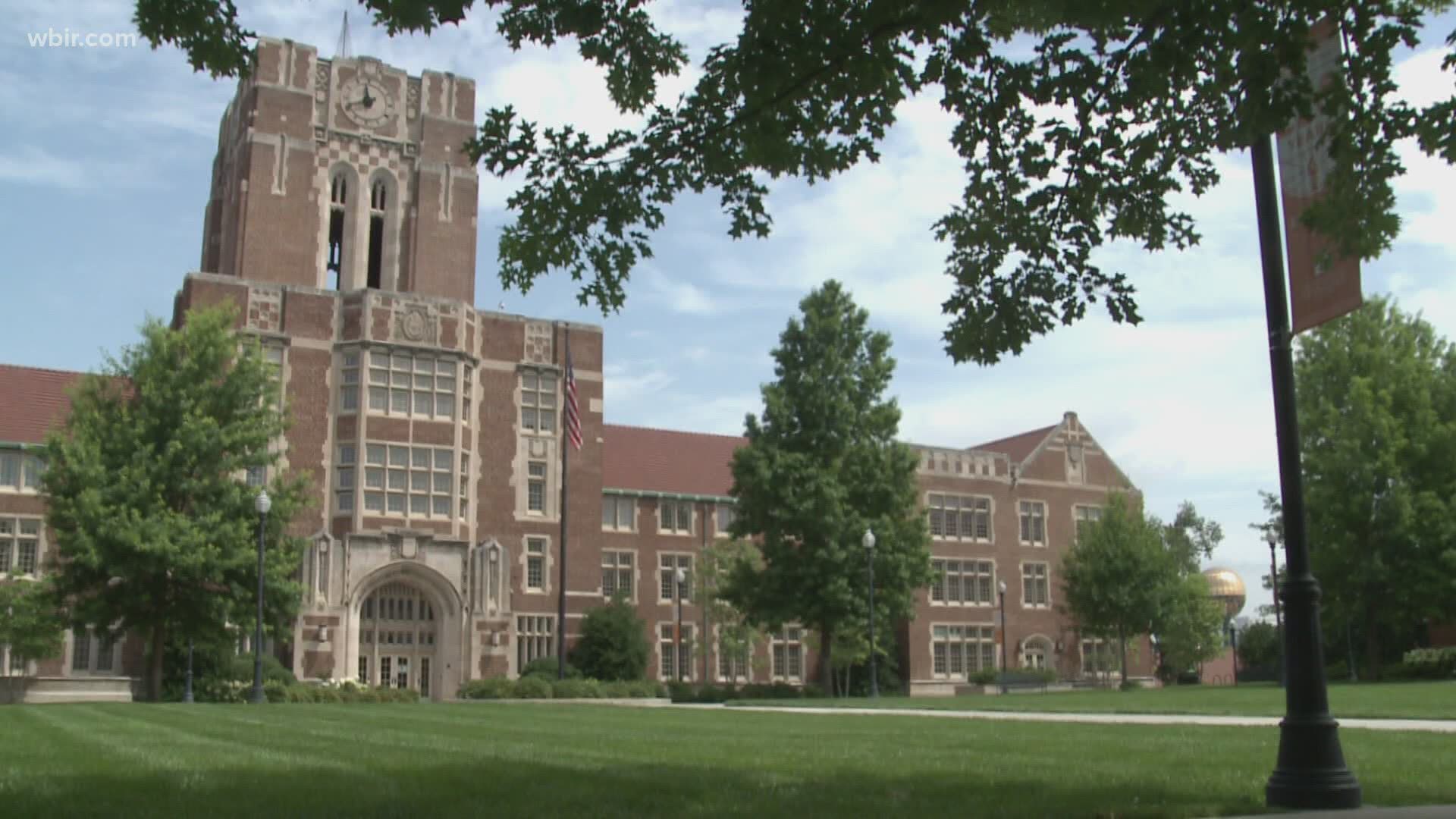KNOXVILLE, Tenn. — One-third of students at the University of Tennessee do not have reliable access to food — 32% of the student population.
A new initiative is working to lower that number and teach students about food insecurity on a local and global scale. It's called "End Hunger/FEED Change" and focuses on making new, long term policies that can make a lasting impact.
"When you think about students who are capable of coming to a university and pursuing a degree, you don't ever imagine that they're having all these financial struggles that lead them to a position of food insecurity," said Vice Provost for International Affairs Gretchen Neisler, who is working closely with the new initiative.
UT has resources on campus like food banks and meal-sharing programs, but Neisler said that's not enough to lower the problem.
"I'm a mother and when I look at our students now with that lens on I know I'm looking at someone else's child," she said. "It's not okay that our students are trying to figure out how to balance all these things."
The group of 40 students, staff and faculty will look at ways food waste on campus can be put to good use. They'll try to find immediate solutions for the problem, while also working towards long-term change.
"We have a lot of work to do on this," Neisler said. "I don't think any of us involved in this initiative should rest until that statistic is eradicated from our demographic."
She also said the number of food-insecure students might rise in the fall since they're not as closely connected to students because of COVID-19 changes, but she's ready to get to work.
"Their job is to be a student and we need to, as their academic institution, provide the support so they can come up and do their job," she said.
The group also plans to lead themed events and activities on campus throughout the year to raise awareness.

